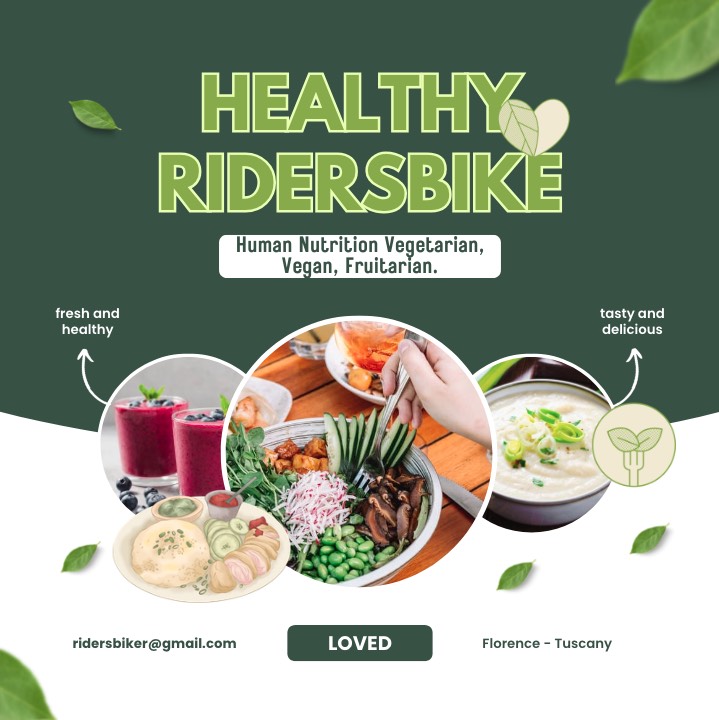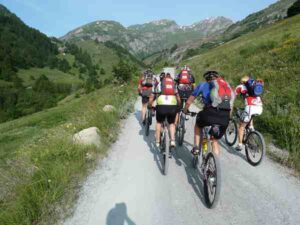Nutritional Elements to Get Faster

To get faster, nutrition plays a key role. Here are some key elements to consider:
Carbohydrates: These are essential for providing energy during training and performance. They should make up a significant part of your diet, with intakes ranging from 3.5 to 7.0 g/kg of body weight, depending on your specific needs and level of physical activity.
Proteins: These aid in the repair and growth of muscles, which are crucial for improving speed. An intake of at least 1.6 g/kg of body weight is recommended, with intakes of up to 2.0 g/kg often used, especially in low-calorie diets to prevent catabolism.
Fats: These contribute to total energy intake and are important for the absorption of fat-soluble vitamins. Fat intake is recommended between 15% and 30% of total calories, or calculated at 0.5-0.8 g/kg of body weight.
Vitamins and Minerals: These are necessary for proper metabolism and general health. A balanced diet should include a variety of vitamins and minerals, such as iron, zinc, copper, iodine, selenium, and cobalt.
Hydration: Maintaining adequate hydration is essential for performance. Water is essential for regulating body temperature and transporting nutrients and metabolic waste.
Functional Foods: Incorporating functional foods such as protein bars, maltodextrin drinks, or gels during training can help maintain energy levels and aid recovery.
Glycemic Stability: Avoiding training on an empty stomach and ensuring you consume carbohydrates before and during training can help maintain stable blood glucose levels, thus supporting performance.
By following these nutritional principles, you can provide your body with the nutrients it needs to improve speed and physical performance.
















